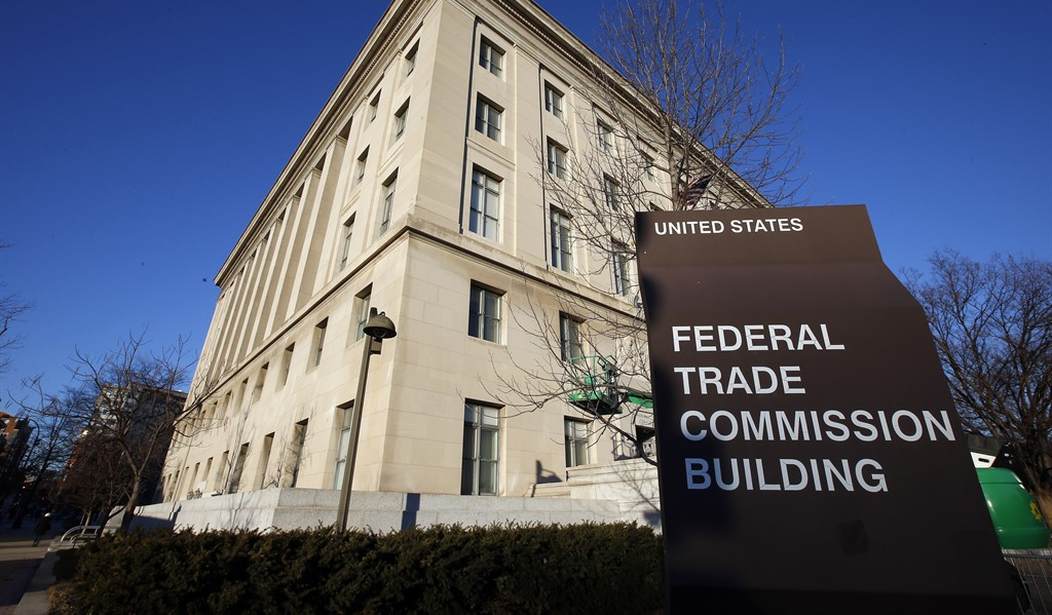In the latest development regarding the potential merger between grocery stores Kroger and Albertsons, it was announced last month that a final decision by the Federal Trade Commission (FTC) would not come until January 17. Perhaps this is a good thing as it will give the agency ample time to consider the many benefits that such a merger would provide to consumers such as lower prices and more product options. As the FTC weighs its decision, it should block out any outside noise from politicians determined to see the deal fall through.
Much of this recent noise stems from a handful of ideologically driven lawmakers who continue to recycle disproven claims about the merger. In a letter sent to FTC Chair Lina Khan on December 11, Senators Elizabeth Warren (D-MA), Bernard Sanders (D-VT), and a handful of their colleagues made several common claims about the merger. Those claims need debunking.
First, they argue that the proposed merger will harm “consumers, workers, and the grocery industry as a whole.” To support this claim, they point out that a Kroger-Albertsons merger would allow the two grocery stores to control a much larger share of the grocery market. With this increased market share they argue the conjoined companies will form a duopoly with Walmart, which they will use to raise consumer prices and harm workers.
However, little about this claim is accurate. Because Kroger will sell 400 stores to C&S Wholesale Grocers in overlapping markets and is prepared to sell an additional 237 stores if asked, the merger will not increase market local concentration. Furthermore, while it is true that a merger would allow Kroger to compete with Walmart more effectively, it would not result in a Kroger-Walmart duopoly. Several companies maintain a much larger market share.
According to a recent report by RIS Systems, Walmart remains the nation’s largest grocer, controlling almost 17 percent of the grocery market. Amazon and Costco are the second and third largest grocers with 14.28 percent and 6.51 percent of the market, respectively. Combined, Kroger and Albertsons only account for 6.25 percent of the grocery market. That is less than Walmart and Amazon and about the same as Costco. It is also worth noting that Kroger’s market share has declined over the last few years, while competitors like Walmart have seen theirs increase.
Recommended
In addition, Kroger and Albertsons have repeatedly stated that the merger would not harm workers or consumers. For instance, in a jointly written op-ed published last year in the Cincinnati Enquirer, Kroger and Albertson’s CEOs Rodney McMullen and Vivek Sankaran promised that “zero stores” would be closed as a result of the merger and “no frontline workers” would be laid off.
Pledges were also made to spend $1 billion on employee wages and benefits and to use the estimated $500 million in new cost savings to lower consumer prices. The companies also intend to expand their lineup of affordable store brands and spend $1.3 billion on improving customer service at Albertsons stores. There is no evidence that a Kroger-Albertsons merger would harm the grocery market, workers, or consumers.
According to the International Center for Law and Economics, divestitures of this size have traditionally been enough to satisfy FTC demands. In addition, over the last 35 years, the FTC has allowed every supermarket merger to proceed once a divesture agreement was reached. Therefore, not only would blocking the merger on such grounds break with the “analytical framework the FTC has historically used to evaluate similar transactions,” it would also diverge sharply with the Commission’s “historical precedent of accepting divestitures as a remedy to address localized problems.”
It is also worth noting that the Senators’ repeated reference to the failed 2014 Haggen divesture plan was first approved by the FTC. Albertsons only proposed this plan because the FTC decided that 130 local markets were “likely” to become anticompetitive. The decision of Haggen, a regional grocery chain of just 18 stores, to expand too quickly by purchasing 146 stores from Albertsons and Safeway is no fault of Albertsons or the merger itself.
The Haggen example is also a poor comparison. Today’s food and grocery market is vastly more competitive than the grocery market of 2014. No longer limited to supermarkets and independent grocery stores, today’s grocery market includes many e-commerce stores, discount stores, and delivery providers. Each provides consumers with a wide variety of product options and new services, such as at-home delivery. A potential Kroger-Albertsons merger would only add to this competition by forcing companies like Walmart to compete for market share. In addition, more significant economies of scale would allow Kroger to lower unit costs and pass those cost savings onto consumers through lower prices.
As the FTC considers whether to approve the merger, it should block the outside noise of politicians who have made it clear they have no interest in objectively considering the many benefits that such a merger would unlock for the grocery market.

























Join the conversation as a VIP Member